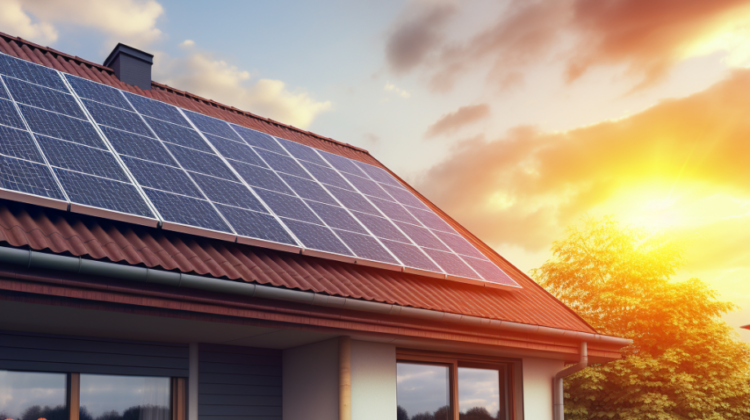
In recent years, solar energy has gained significant popularity as a renewable and sustainable power source. More and more people are considering installing solar panels in their homes and businesses to harness the sun’s energy and reduce reliance on traditional power sources.
However, several essential factors must be considered before deciding to go solar. This article will discuss some key things to know before going solar.
Assess your energy needs: Before going solar, it’s essential to evaluate your energy consumption. Consider your average monthly energy usage, peak demand, and future energy needs. Understanding your energy requirements will help you determine the size and number of solar panels needed for your property.
Roof suitability: Solar panels are typically installed on rooftops, so assessing your roof’s suitability for solar installation is crucial. Factors such as roof orientation, available space, shading from trees or nearby buildings, and roof condition should be considered. A south-facing roof with minimal shading is ideal for solar panels, but east and west-facing roofs can also work well.
Financial considerations: Going solar is a significant investment, and it’s essential to consider the financial aspects. Calculate the upfront costs of purchasing and installing solar panels and any ongoing maintenance expenses. Additionally, available research incentives, grants, and tax credits may help offset the initial investment. Many governments and utility companies offer incentives to encourage the adoption of solar energy.
When the sun goes down, solar panels cease to generate electricity. Therefore, it is important to contemplate energy storage alternatives, particularly batteries, to ensure an uninterrupted power supply.
These batteries enable the storage of surplus energy produced during the day, making them available at night or during periods of limited sunlight. Although batteries may increase overall expenses, they offer the advantage of grid independence and improve the efficiency of your solar system.
Impact on the environment: One of the primary reasons for choosing solar energy is its positive environmental impact. Solar power is clean, renewable, and emits no greenhouse gases. By going solar, you contribute to reducing carbon emissions and help combat climate change. Understanding the environmental benefits of solar energy can further motivate you to make the switch.
Maintenance requirements: Solar panels are generally low-maintenance but require some attention. Regular cleaning to remove dirt, dust, and debris is necessary to maintain optimal performance. Additionally, inspecting the panels for damage, monitoring the inverter, and checking for shading issues are essential. Please familiarize yourself with the recommended maintenance practices and factor them into your decision-making process.
Energy savings and payback period: Solar panels can significantly reduce electricity bills. However, it’s crucial to determine the payback period—the time it takes for the energy savings to offset the initial investment. Consider factors such as the cost of electricity in your area, the size of the solar system, and available incentives to estimate the payback period accurately. Solar installations often pay for themselves within 5-10 years.
Choose a reputable installer: To ensure a smooth and successful solar installation, choosing a reputable and experienced one is essential. Research local solar companies read customer reviews, and ask for recommendations from friends or neighbors who have gone solar. A reliable installer will guide you through the process, handle permits and paperwork, and ensure the system is installed correctly.
Going solar can be a game-changer for both your finances and the environment. By understanding these key factors and doing thorough research, you’ll be better equipped to decide about going solar.
Remember to assess your energy needs, evaluate your roof’s suitability, consider financial aspects, explore energy storage options, understand the environmental impact, and factor in maintenance requirements, energy savings, and the installer’s reputation. Going solar is a step towards a greener future and a more sustainable way of powering our homes and businesses.

Leave a Reply